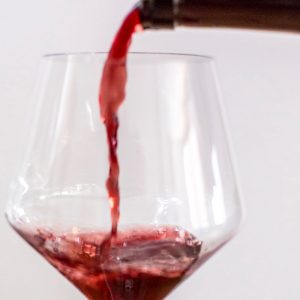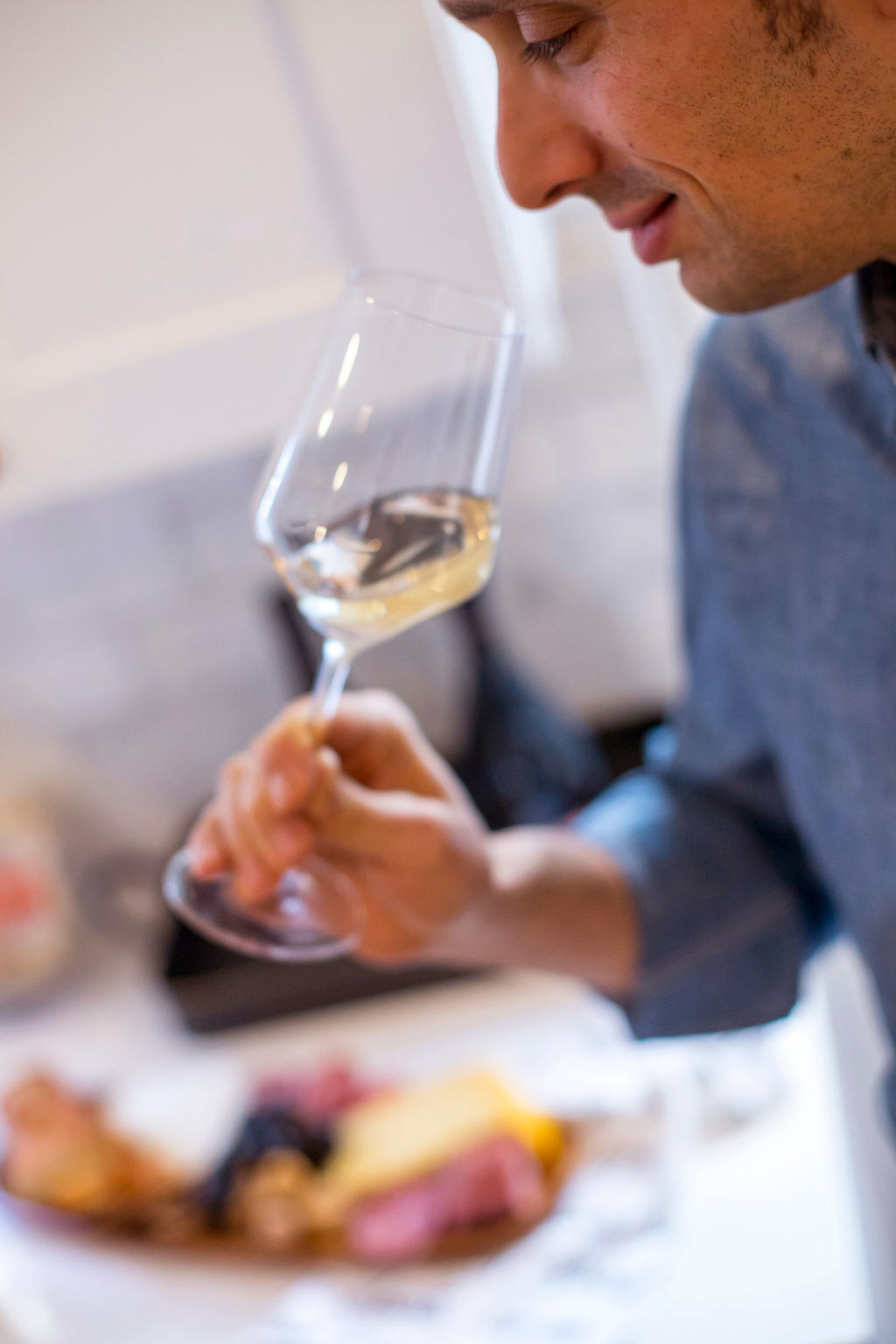One of the toughest things about wine isn’t memorizing the countless regions around the world and the grapes they specialize in growing – it’s fishing through all the jargon and unfamiliar words found in wine descriptions, reviews, and bottle labels. Some of this wine vocab sounds completely ridiculous, and for the average wine drinker, just add to the confusion.
While some of these terms are incredibly useful in helping you determine what a wine will taste like (and making you sound like a wine aficionado), some descriptors are pretty useless. In fact, there are strategic words used by producers that not only say nothing about the wine but that have no legal backing – meaning they can be thrown about willy-nilly. Not cool, guys.
The wine world can be intimidating, but we’ll help you break it down one word at a time. Here are three words that are meant to sound fancy, but ultimately, they’re pretty meaningless.
- Reserve – “Reserve” is a tricky word because, in the wine world, it means different things in different countries. In Spain and
 Portugal, “reserva” refers to wines with slightly higher levels of alcohol (indicating a good vintage) or that have been aged for a longer period. In Italy, like in Spain and Portugal, “riserva” indicates stricter production regulations and is used sparingly. Almost everywhere else, especially in the New World, every wine seems to be a reserve. We assume this is supposed to mean that the wine is made from particularly exceptional grapes or is the winemaker’s most esteemed bottling. The reality is that except in countries where there are strict regulations on its usage, this is mostly a marketing word used to entice buyers.
Portugal, “reserva” refers to wines with slightly higher levels of alcohol (indicating a good vintage) or that have been aged for a longer period. In Italy, like in Spain and Portugal, “riserva” indicates stricter production regulations and is used sparingly. Almost everywhere else, especially in the New World, every wine seems to be a reserve. We assume this is supposed to mean that the wine is made from particularly exceptional grapes or is the winemaker’s most esteemed bottling. The reality is that except in countries where there are strict regulations on its usage, this is mostly a marketing word used to entice buyers.
- Grand Vin – “Grand Vin” is another term that should mean a wine of noteworthy quality. But let’s be real – almost every bottle of mediocre Bordeaux is labeled as “Grand Vin de Bordeaux.” Maybe at one point, this term referred to a chateau’s gold standard, but today it is unregulated and much fancier sounding that what’s likely inside the bottle. Some Chateaus use the term to refer to their first line of wines (made from their best quality grapes) to distinguish them from second wines (usually made from lesser quality grapes and are generally cheaper though can be quite good quality). Be careful not to confuse “grand vin” with “Grand Cru,” which refers to the classification of certain French wines and is a legitimate and highly regarded designation.
- Old Vine/Vieilles Vignes – Who are we to say what should be labeled as “old?” When you were ten years old, someone in their 30s probably seemed ancient. Today, in our 30s, referring to someone younger than 50 as “old” seems insensitive – just hearing the word out loud makes us cringe. In the wine world, there’s a misconception that “old is better,” but we’re not talking about wine age. We’re strictly speaking about the age of vines in a vineyard. As a vine gets older, it produces fewer grapes, which results in more concentrated wines. The problem is that since there are no regulations on the term, a producer with 15-year old vines and another with 100-year-old vines can both use the term. It’s more important to read the label and check for an actual vine age rather than focus on the “old vine” designation.
Don’t worry – we’re not here to blow up every winemaker’s spot. There’s a whole list of wine vocabulary that’s incredibly useful. Stay tuned for a deeper dive into wine words that every budding expert needs to know. Cheers!




It’s hard to find well-informed people on this topic, however, you sound like you know what you’re talking about!
Thanks
Hi!
Thanks for reaching out to us and giving your feedback! We appreciate your kind words and support. If you have any inquiries or need any assistance at all please feel free to reach out to our customer service department [email protected]